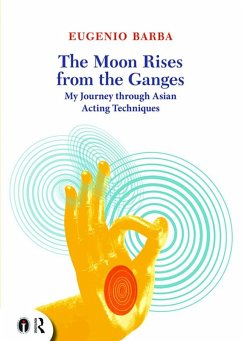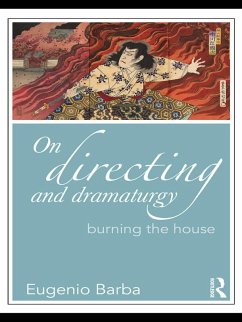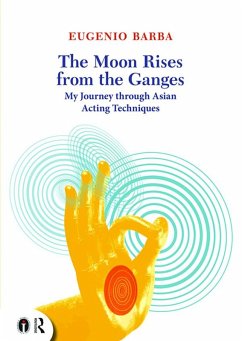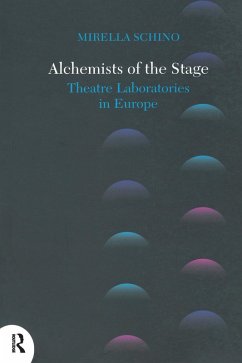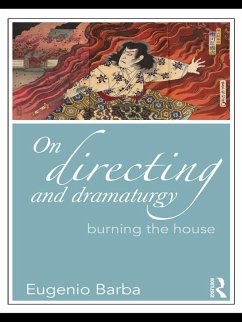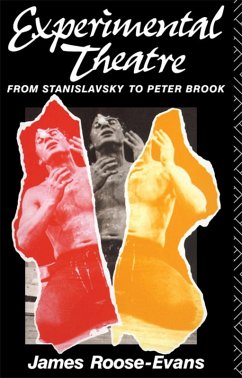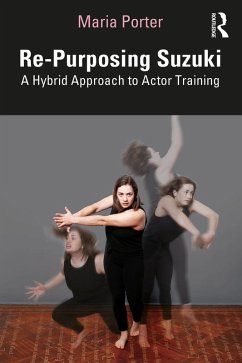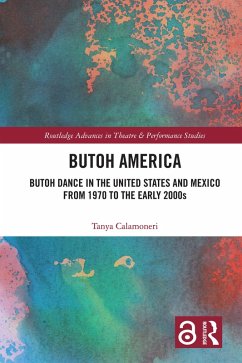
A Dictionary of Theatre Anthropology (eBook, PDF)
The Secret Art of the Performer
Versandkostenfrei!
Sofort per Download lieferbar
57,95 €
inkl. MwSt.
Weitere Ausgaben:

PAYBACK Punkte
29 °P sammeln!
First Published in 2005. A Dictionary of Theatre Anthropology subtly juxtaposes visual demonstrations of the performer's craft, from a wealth of Eastern and Western sources. More than just a dictionary, this is a handbook for theatre practitioners and a guide for students and scholars of transcultural performance. It is the result of many years of research conducted by Eugenio Barba and the International School of Theatre Anthropology (ISTA) based in Denmark, and is now a classic foundational text. Whereas most Western research is concerned with naturalism and psychological realism in acting, ...
First Published in 2005. A Dictionary of Theatre Anthropology subtly juxtaposes visual demonstrations of the performer's craft, from a wealth of Eastern and Western sources. More than just a dictionary, this is a handbook for theatre practitioners and a guide for students and scholars of transcultural performance. It is the result of many years of research conducted by Eugenio Barba and the International School of Theatre Anthropology (ISTA) based in Denmark, and is now a classic foundational text. Whereas most Western research is concerned with naturalism and psychological realism in acting, the Dictionary focuses on the actor's arduous and eclectic craft. The Dictionary aims to expand our knowledge of the possibilities of the scenic body, and of the spectator's response to the dynamics of performance. The Dictionary has practical sections on balance, opposition and montage among other techniques, and discusses issues including The Text and the Stage, The Dilated Body and Energetic Language. This revised edition includes: three new chapters on Eurasian Theatre, Exercises and Organicity; 50 new photographs showing the performer's craft in black and white and colour; and, for the first time, a useful bibliography and index.
Dieser Download kann aus rechtlichen Gründen nur mit Rechnungsadresse in A, B, BG, CY, CZ, D, DK, EW, E, FIN, F, GR, HR, H, IRL, I, LT, L, LR, M, NL, PL, P, R, S, SLO, SK ausgeliefert werden.




